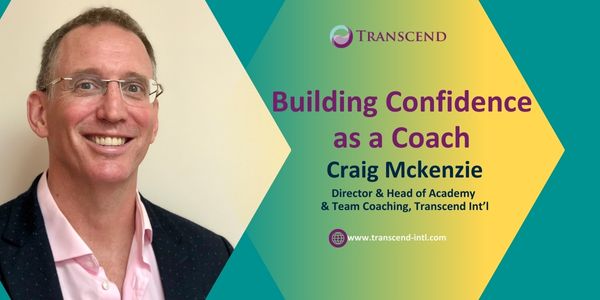Reflecting on our roles in the training and development of coaches within organisations, I realized we are involved in the training and development of two different types of Internal Coaches: Business leaders and managers and Human Resource leaders and managers. Each type has unique challenges as they develop as coaches.
Business leaders and managers tend to struggle with moving beyond telling, directing and problem solving.
HR leaders and managers tend to struggle with moving past helping, advising and advocacy.
The tool of reflection is useful in helping to assess the effect of these tendencies. Self-reflection offers the most efficient pathway for continuous growth and self-management.
What follows is a simple reflection around the area of increasing or decreasing dependence. Set aside 5 – 10 minutes, manage distractions and follow these steps:
- Call to mind all the people you coach or use coaching skills with,
- think about their level of dependence on you,
- are they becoming more or less dependent on you for solutions, help, support or advice?
If the answer is a firm “Yes!” then congratulate yourself and think about how you can help to develop them in new ways that will be opening up to them.
If the answer is anything other than an emphatic “Yes!” then self diagnose by answering these questions honestly.
Is your mindset an other-centric mindset characterized by authentic belief that your coaching client has the answers and ability to solve their problems and develop themselves?
Are you using questioning skills to create ownership, accountability and responsibility?
Take a look at the materials from the coaching skills training you received and review the parts that focused on the mindset of a coach if it is related to developing your mindset, listening skills or questioning ability.
If you are serious about developing then consider seeking out additional coach training or a mentor coach who can help you develop further. The best internal and external coaches are constantly deepening and developing their coaching competencies.
Craig McKenzie and Tony Dickel
Related Posts
Embracing Authenticity: The Pathway to Thriving in an Ever-Changing Landscape

In the face of today’s dynamic work environment, remaining true…




